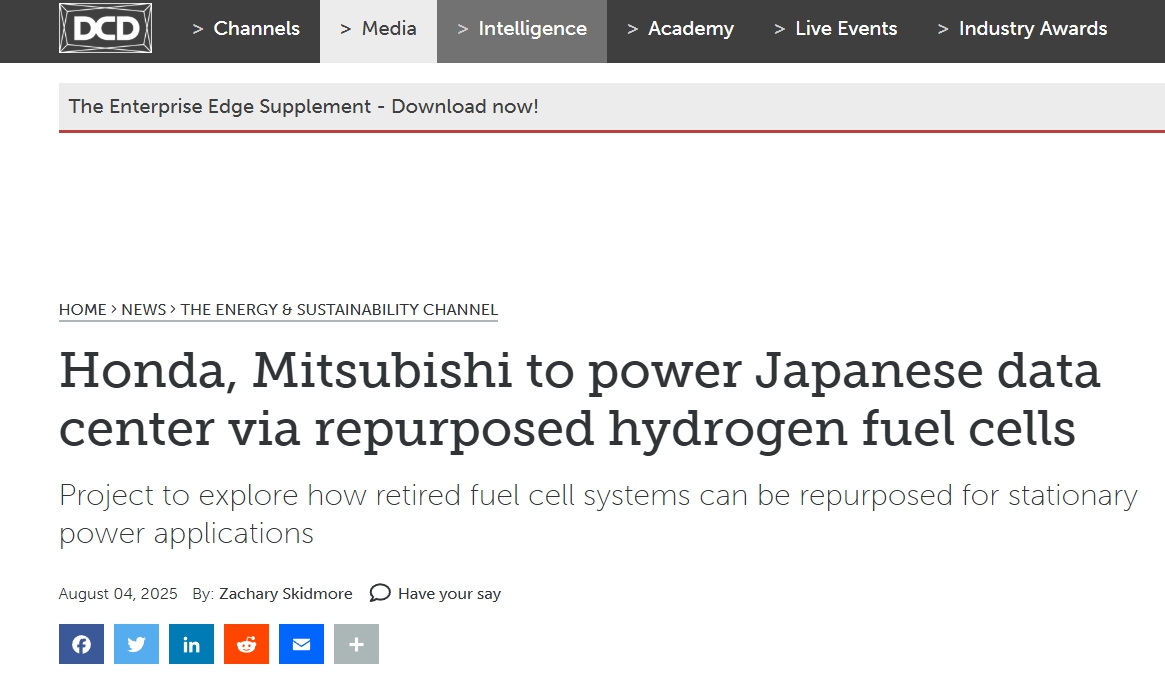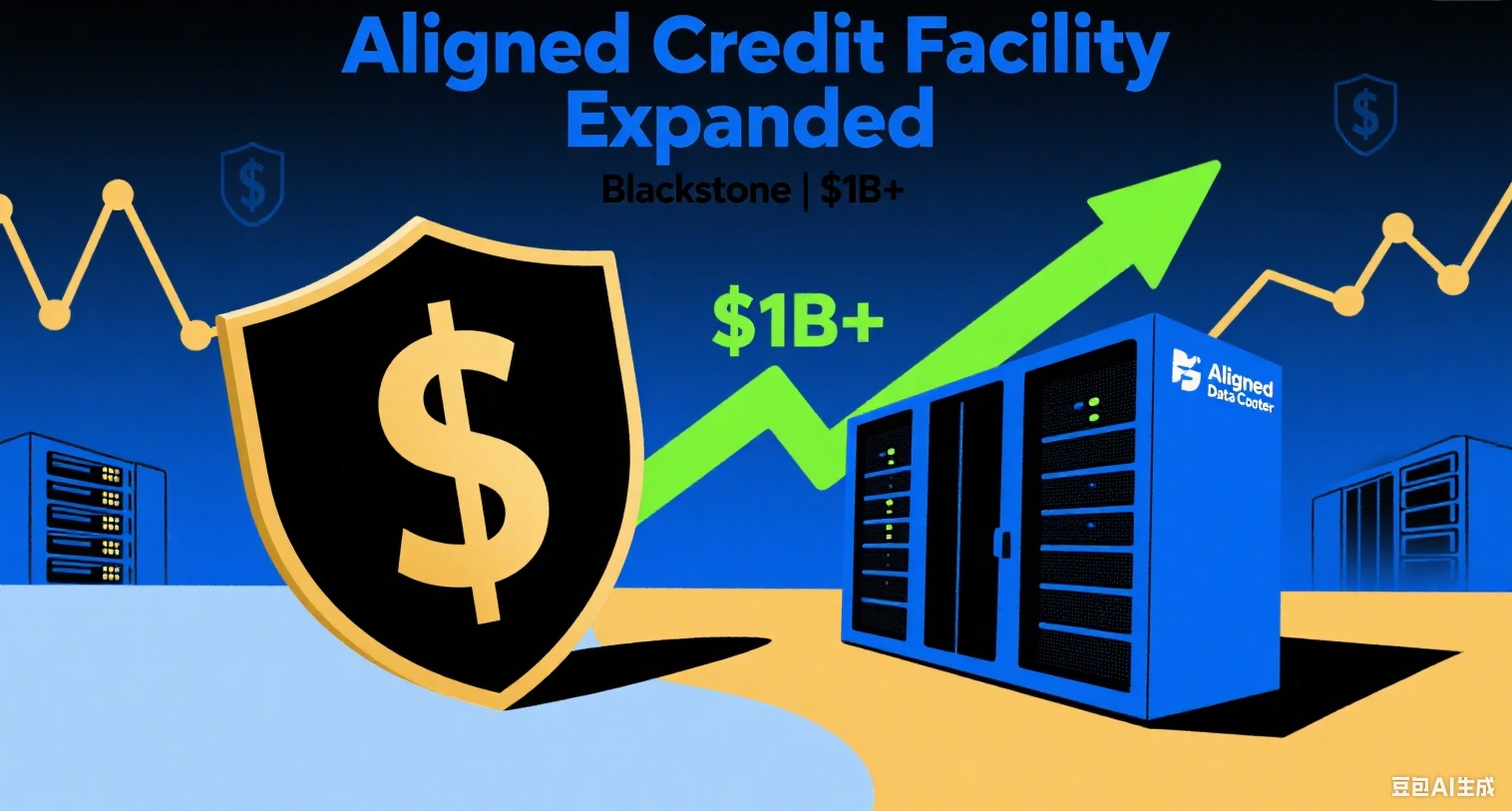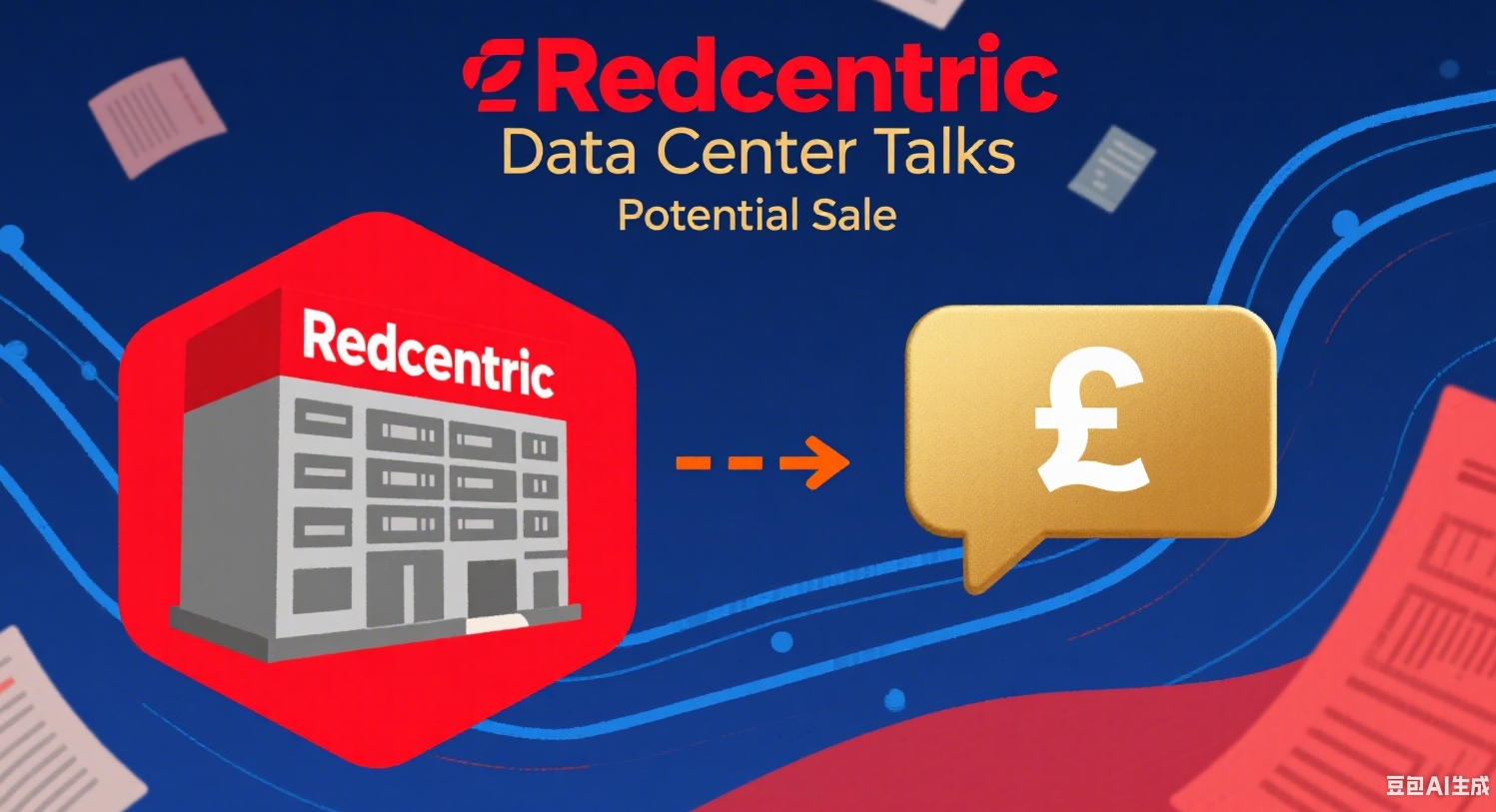Project to explore how retired fuel cell systems can be repurposed for stationary power applications.
Japanese automotive manufacturer Honda has commenced operations at a demonstration project that aims to operate a data center via a stationary fuel cell power station, powered by by-product hydrogen in Japan.
The project - originally announced last January - is being undertaken in partnership with Tokuyama Corporation and Mitsubishi Corporation, and will pilot the use of fuel cells previously deployed in fuel cell electric vehicles.
The fuel cells will be powered by by-product hydrogen produced by Tokuyama’s salt water electrolysis business. The fuel cells will then power a distributed data center operated by Mitsubishi in Shunan City, Yamaguchi Prefecture, Japan. The project is expected to run from August 2025 through March 2026.
Through the demonstration project, the companies plan to explore how retired fuel cell systems can be repurposed for stationary power applications, aiming to cut costs for users while supporting a shift to cleaner energy.
As part of the demonstration, power from multiple sources, including the fuel cell power plant, power grid, stationary battery storage, and renewable energy, will be combined to determine the most efficient and optimal power configurations for different patterns of operation.
The system will be utilized in a range of different ways, based on various possible scenarios, to determine its best possible use case within the data center sector. These include its use as a backup power source, an off-grid primary power source, for peak shaving of grid electricity consumption, and for grid supply-demand balancing, including supplying electricity back to the grid.
The Honda stationary fuel cell power station being used in the demonstration project utilizes fuel cells used for a Honda CR-V e:FCEV fuel cell electric vehicle. According to the company, the system can comprise up to four 250kW units for a total capacity of 1,000kW.
It has a start-up time of within ten seconds and produces zero emissions - if powered via hydrogen. The solution is also scalable, allowing Honda to supply energy to meet the maximum amount of electricity consumption by the customer, per their needs.
The capacity of the data center and associated fuel cells was not disclosed. DCD has reached out for further information.
The companies contend that the system will help contribute to the “green transformation” of data centers and the digital transformation of municipalities and local businesses.
Fuel cell electric vehicles offer an alternative to battery-electric cars by using hydrogen to generate electricity. However, they’ve struggled to gain widespread adoption, largely due to the relatively low efficiency of converting hydrogen into usable energy, typically around 38 percent.
Fuel cells are being increasingly deployed as a power option for data centers. Interest has been predominantly in the US market, where Bloom Energy has signed several agreements with major developers. Most recently, the company partnered with Oracle to deploy fuel cells across several of its data centers, with deployment expected within the next three months.
Within APAC, there has not been as much movement. However, last month, FuelCell Energy partnered with Inuverse to explore the deployment of up to 100MW of fuel cell power at a data center in Daegu, South Korea.








